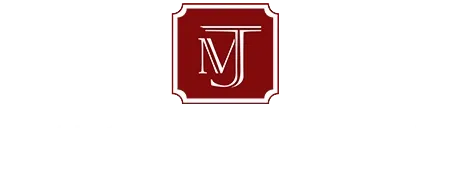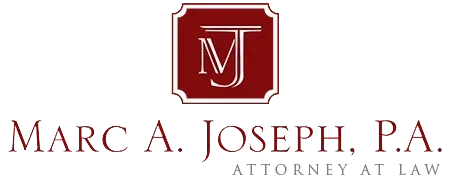Criminal Defense Attorney In Tampa, Florida
Why You Need a Criminal Defense Attorney in Tampa
When you’re facing criminal charges, having a dedicated criminal defense attorney who puts your interests first is absolutely vital. The ramifications of criminal charges can be incredibly overwhelming, as they not only threaten your freedom but also have the potential to leave you with a permanent record that can impact various aspects of your life for years to come, affecting your employment opportunities, personal relationships, and even your mental well-being.
In such challenging times, you need a tenacious advocate who will tirelessly protect your rights, ensuring that you receive the fair treatment you deserve throughout this difficult ordeal. An experienced attorney will guide you through the complex legal process from the very beginning, offering invaluable support every step of the way. They will help you navigate the intricacies of the law and ensure your voice is heard loud and clear in the courtroom, while working diligently to build a strong defense on your behalf. With the right attorney by your side, you can face your charges with a greater sense of confidence and hope for a positive outcome.
Call Marc A. Joseph, P.A. at 813-945-9485 to schedule a consultation with a lawyer today.
Experience That Makes a Difference
Marc A. Joseph, P.A. brings an impressive wealth of over 26 years of dedicated experience in the field of defense law. Unlike many attorneys who may have backgrounds as former prosecutors, Marc has made a resolute choice to focus exclusively on the defense of those who have been accused. This singular commitment to defending the rights of individuals distinguishes him in the legal landscape. His profound dedication to upholding individual rights, paired with his extensive knowledge and experience in criminal law, positions him as a truly formidable ally for clients navigating the complexities of any legal case. You can trust that with Marc A. Joseph, you are in capable hands.
Familiarity with Tampa’s Courts and Legal System
With comprehensive knowledge of Tampa-area courts, judges, and prosecutors, Marc A. Joseph crafts strategic defense plans tailored to each case. Whether you’re charged with a DUI, drug offense, assault, or theft, his understanding of local procedures and relationships with court personnel help give his clients a distinct advantage.
Personalized, Aggressive Defense Strategy
Every step of your case receives meticulous attention—from investigation to trial. Marc A. Joseph examines every piece of evidence and explores all defense avenues, aiming not just for reduced charges, but for full exoneration whenever possible. His personalized approach ensures you receive direct communication, tailored strategies, and a firm commitment to protecting your future.
Facing Criminal Charges or Under Investigation?
You have questions—you deserve clear answers. At Marc A. Joseph, P.A., we know what’s at stake and are here to protect your rights and your future.
Call 813-945-9485 today for a confidential consultation with an experienced criminal defense attorney. Your defense starts with one call.

